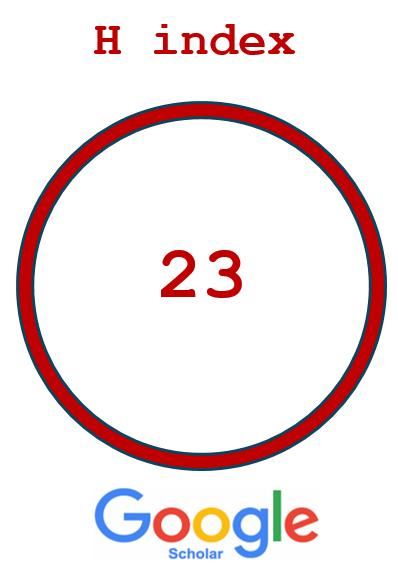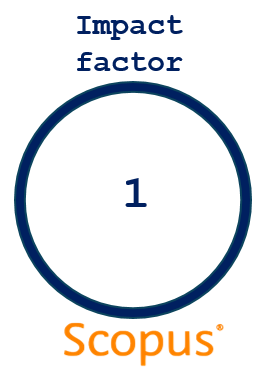ACTA Pharmaceutica Sciencia
2025 , Vol 63 , Num 2
DFT, molecular docking, and ADMET prediction of compounds from Cinnamomum zeylanicum for dengue inhibitor DEN2 NS2B/NS3 serine protease
1 University of Malaya, Department of Pharmacy, Pekanbaru, IndonesiaDOI : 10.23893/1307-2080.APS6320 Viewed : 2354 - Downloaded : 699 Dengue, an infectious disease transmitted by Aedes aegypti and Aedes albopictus mosquitoes, is caused by a virus. This study aimed to assess whether compounds isolated from cinnamon (Cinnamomum zeylanicum) possess antidengue properties and whether the bonds formed after docking these compounds are stable. Three compounds from the NADI database were chosen as samples, with panduratin A serving as the positive control. Molecular docking simulations were conducted alongside density functional theory (DFT) studies using Gauss View 5. The docking results indicated that delta-Cadinene (compound 3) exhibited the lowest binding free energy of -4.93 kcal/mol, with a binding factor of 9. According to density functional theory (DFT) calculations, panduratin A, and compound 3 displayed gap values of -0.26 and -0.24, respectively. Thus, compound 3 demonstrates potential as a highly stable inhibitor of dengue DEN2 NS2B/NS3 serine protease. Keywords : Cinnamomum zeylanicum, dengue, DFT, docking, ADMET





